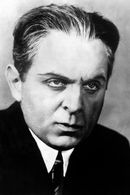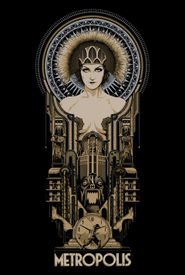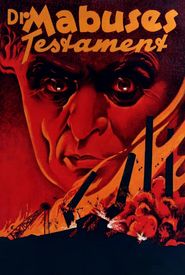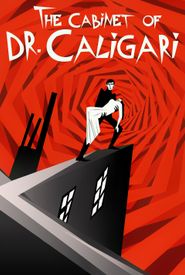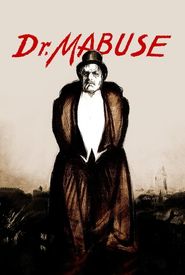Rudolf Klein-Rogge was a German actor who was born in Cologne and served as a cadet in a Prussian military academy before completing his matriculation. He then pursued his passion for acting and studied art history in Berlin and Bonn, making his stage debut in 1909. For nearly a decade, he honed his craft by performing in various theatres along the Rhine and northern Germany before venturing into the world of cinema in 1919.
Initially, Klein-Rogge's villainous persona began to emerge in The Cabinet of Dr. Caligari (1920),but it was his collaboration with his then-wife Thea von Harbou and director Fritz Lang that truly cemented his reputation in the realm of classic expressionist cinema. His portrayal of the title character in Dr. Mabuse, the Gambler (1922) and its sequel, The Testament of Dr. Mabuse (1933),showcased his exceptional acting skills and earned him widespread recognition.
Klein-Rogge's impressive repertoire also includes his iconic performances as King Etzel in Die Nibelungen: Siegfried (1924) and Die Nibelungen: Kriemhild's Revenge (1924),as well as his unforgettable role as the insane scientist C.A. Rothwang, the creator of the robot creature in Fritz Lang's masterpiece Metropolis (1927). Possessed of an almost hypnotic stare and a strong, resonant voice, Klein-Rogge continued to captivate audiences throughout the 1930s in supporting roles.
Although the era of German expressionist cinema was drawing to a close, Klein-Rogge's remarkable talent and versatility continued to shine through, even as he eventually faded into relative obscurity. He passed away in April 1955 in Graz, Austria, leaving behind a legacy that continues to inspire and influence generations of actors and filmmakers.
